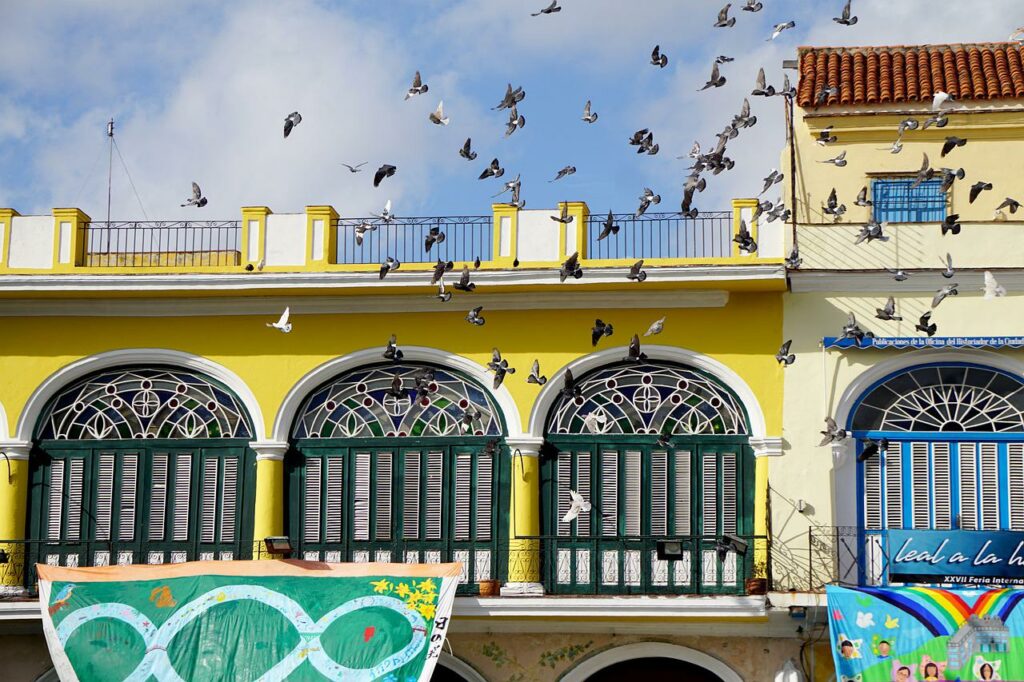A few days ago in Cuba, the parliament announced the date of the referendum called to obtain the consent of the island’s population to the new Family Code promoted by the government of President Miguel Díaz-Canel. Announced earlier this year, preceded by popular consultations from 1 February that raised numerous controversies and many doubts, the referendum will finally be held on September 25.
The intent is to gather general approval with respect to the government’s proposed reform to update the current legislation regarding marriage, divorce, property relations between spouses, adoption and other family-related regulations, which date back to 1975.
The text of the reform would constitute “[…] a code that takes into account the rights that all types of families in the country should have,” said President Díaz-Canel, “…] an inclusive code, a modern code, a humanist code.” It would “legalize same-sex marriage and civil unions, allow such couples to adopt children, increase women’s rights and promote equitable sharing of domestic responsibilities. It will also add some new features, such as prenuptial agreements and assisted pregnancy.”
As iFamNews has already noted, “feminists have come out against it, complaining that the new legislation does not introduce femicide, defined as the killing of women and girls because of their gender, as a crime. LGBT+ activists are also unenthusiastic about the proposal, which they see as a timid and belated gesture in an attempt to mask Cuba’s ‘homophobic’ past. Also opposed is the Catholic Church, which rejects articles in the bill that, in the name of the gender ideology, would allow same-sex couples to ‘marry’ and adopt children.”
Even the popular consultations in the spring, accompanied by a massive indoctrination operation to convince voters of the goodness of the government action, had highlighted Cubans’ lack of enthusiasm for the coming changes, yet now, as the date of the referendum proper has been defined, media reports state that organizers say 62% of citizens would endorse the government initiative. The initiative was dropped paternalistically from above, despite bombastic claims to the contrary. “The final decision will be in the hands of the people,” said the National Assembly secretary, adding, “We are convinced that in due course the majority of the Cuban people will support this revolutionary, inclusive and democratic code.”
